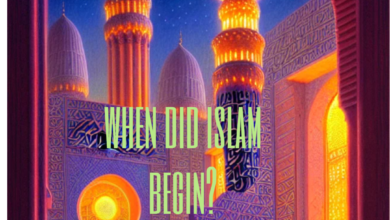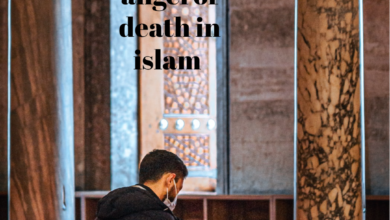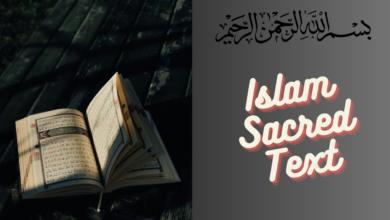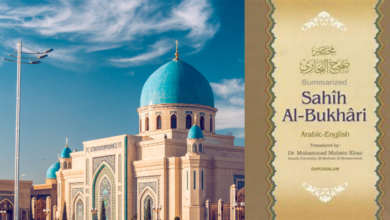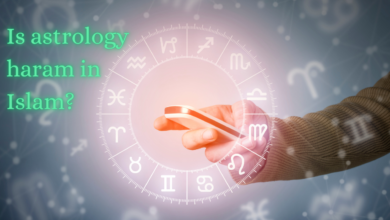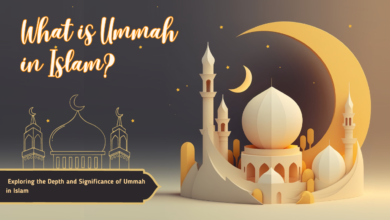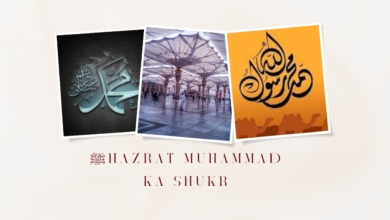why islam is the true religion?
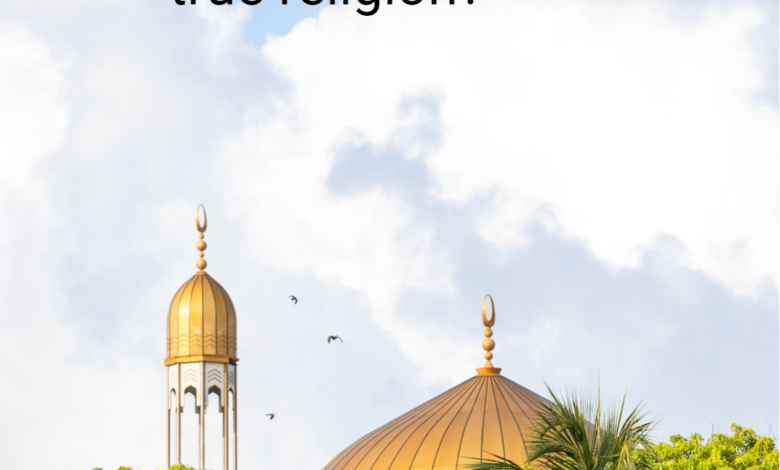
Introduction
Throughout human history, numerous religions have emerged, each claiming to offer a path to spiritual enlightenment and ultimate truth. Among these, Islam stands as one of the world’s major religions, with over a billion followers globally. For devout Muslims, Islam is not merely a belief system but a comprehensive way of life that governs their actions, beliefs, and relationships. In this article, we will explore some of the reasons why Islam is considered the true religion by its adherents.
Divine Revelation
Central to Islam’s claim as the true religion is the belief in its divine origin. Muslims believe that the Quran, their holy book, is the literal word of God as revealed to the Prophet Muhammad (peace be upon him) through the Angel Gabriel. The Quran is seen as a timeless and unaltered message that provides guidance for every aspect of human life. Muslims hold that the Quran’s eloquence, depth, and coherence are evidence of its divine authorship, setting it apart from any human-authored texts.
Universal Message
Islam proclaims itself to be a universal faith, intended for all of humanity. Unlike some religions that emerged in specific regions or among specific ethnic groups, Islam’s teachings transcend cultural and national boundaries. Its message of monotheism, social justice, and compassion applies to people from all walks of life, promoting unity and brotherhood among humankind.
Preservation of Scriptures
The preservation of the Quran is considered a miraculous aspect of Islam. Muslims believe that God has protected the Quran from any corruption or alteration over the centuries. This preservation is reflected in the consistency of the Quran, regardless of the linguistic and textual variations in different copies worldwide.
Logical and Ethical Teachings
Islam’s teachings advocate logical and ethical principles that resonate with many individuals seeking guidance and meaning in their lives. It promotes justice, kindness, honesty, and compassion, encouraging believers to strive for personal and societal betterment. The emphasis on personal accountability and the concept of “Taqwa” (piety) reinforces the importance of a moral and righteous life.
Compatibility with Science
Contrary to popular misconceptions, Islam encourages the pursuit of knowledge and scientific inquiry. Many Muslims believe that the Quran contains scientific truths that were revealed centuries before their discoveries. Though the Quran is not a scientific textbook, it often alludes to natural phenomena, inspiring curiosity and fostering a harmonious relationship between faith and reason.
Historical Accuracy
Islam’s historical narrative aligns with many documented historical events and corroborates with other historical sources. The life of the Prophet Muhammad (peace be upon him) and the events surrounding the early Muslim community are well-documented and form an essential part of Islamic history. Many of these historical events have been validated by non-Muslim historians as well.
Tolerance and Coexistence
Islam encourages peaceful coexistence and religious tolerance. The Quran recognizes the diversity of human beliefs and emphasizes that there is no compulsion in religion (Quran 2:256). Throughout history, Islamic societies have been known for their pluralism, where people of different faiths coexisted and contributed to the cultural, scientific, and intellectual advancements.
Conclusion
For Muslims, the truth of Islam lies in its divine revelation, universal message, logical teachings, historical accuracy, and compatibility with science. As with any religion, belief in Islam is a deeply personal and spiritual journey. While this article highlights some reasons why Islam is considered the true religion by its adherents, it is essential to recognize and respect the diversity of beliefs and perspectives that exist in our global community. Embracing mutual respect and understanding can lead to a more harmonious world, where people of different faiths and beliefs coexist with tolerance and empathy.
What sets Islam apart from other religions?
Islam claims to be the final revelation from God to humanity, completing the line of prophethood that began with Adam and continued through various prophets, including Noah, Abraham, Moses, and Jesus. Muslims believe that Islam incorporates all the essential truths of previous religions and provides the most comprehensive and complete guidance for all aspects of life.
What evidence supports the truthfulness of Islam?
Muslims point to several aspects of the Quran to support its divine origin. They believe the Quran’s linguistic beauty and its inimitability are evidence of its divine authorship. Additionally, Muslims may argue that the scientific accuracy of certain verses and its prophecies coming true reinforce the authenticity of Islam.
How does Islam view the purpose of life and the afterlife?
Islam teaches that life is a test, and humans are created to worship and obey God. The afterlife is an essential aspect of Islamic belief, where individuals will be held accountable for their actions in this world. Those who lived righteously will be rewarded with paradise, while those who rejected God and did evil will face punishment.
What about the character of Prophet Muhammad (PBUH)?
Muslims believe that Prophet Muhammad (peace be upon him) was the last and final messenger of God, chosen to convey His message to humanity. They admire his character, honesty, and compassion, which they see as evidence of his prophethood.
How does Islam view religious diversity?
Islam recognizes the existence of other religions and emphasizes respect and tolerance towards people of different faiths. It encourages dialogue and peaceful coexistence with people from various religious backgrounds while maintaining the belief in the uniqueness and finality of Islam’s message.
What about the spread and longevity of Islam?
Some argue that the rapid spread of Islam across diverse cultures and its continued adherence by billions of people over centuries is a sign of its truthfulness and strength.
